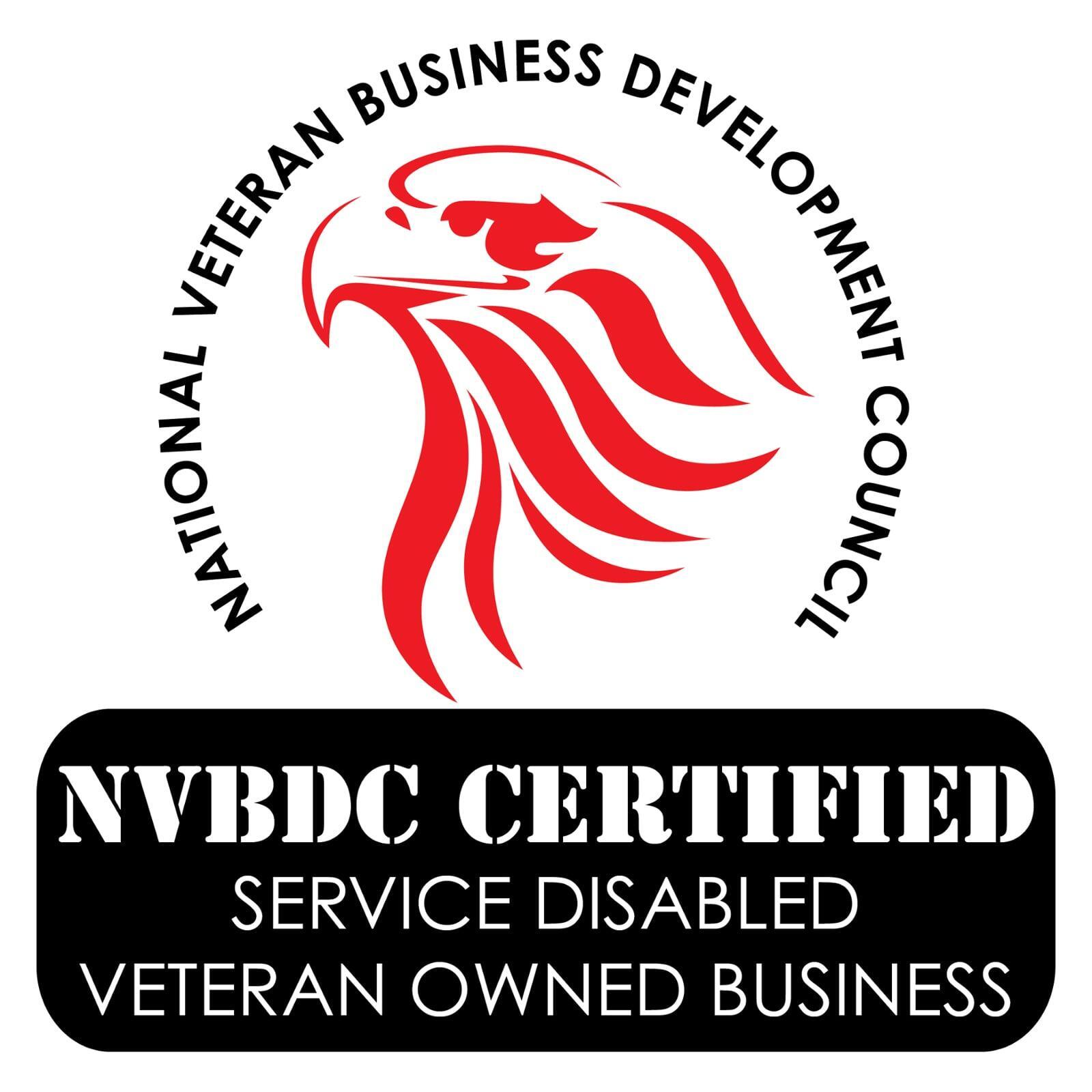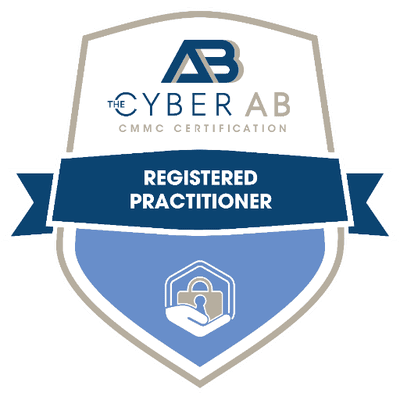
Make confident, well-informed decisions about new accounts or investments, even in opaque and emerging markets.
Financial institutions and others may be required to "know your customer" (KYC) before servicing new customers and periodically after opening accounts. These laws are designed to assist the U.S. Government to fight corruption, money laundering, and terrorism. Many other nations in Europe, Canada, and Australia have similar laws.
Most due diligence subjects can be screened through a standard inquiry that verifies their identity, checks criminal and financial histories, and identifies their source of funds. But prospective or existing customers who fall into certain high-risk categories or who reside or work in high-risk countries must be subjected to a deeper investigation—enhanced due diligence—that scrutinizes more rigorously their identities, funding, work, criminal histories, reputations, and organizations they control or influence.
Enhanced due diligence is not only for financial institutions, though. Businesses should perform the same type of scrutiny when evaluating large investments or loans, or if considering a joint venture, acquisition, or merger.
We offer cost-effective enhanced due diligence services with turnaround times that allow you to quickly evaluate potential investments and meet regulatory requirements.
Case study: International Bank's Out-of-Compliance KYC Program Remedied
Federal regulators issued a cease-and-desist order against a major international bank for failing a periodic regulatory audit that discovered many inadequately performed KYC checks in the bank's private banking portfolio of over 3,000 accounts.
The bank was given 90 days to remedy their files or pay a $90 million fine.
The prime contractor, a Big Four firm, contracted another subcontractor and Inquesta to revamp the bank's KYC program with compliant procedures, create a new account-opening methodology, and perform new due diligence audits on the entire portfolio in less than three months.
The audit uncovered foreign politicians of ill repute, organized crime figures, and others who should have been detected (and denied) during the account opening process. On the team's findings and recommendations, the bank closed hundreds of troublesome and high-risk accounts.
As a result of the remedies applied to the private banking portfolio, the bank passed the regulator's second audit and the court order was rescinded.


